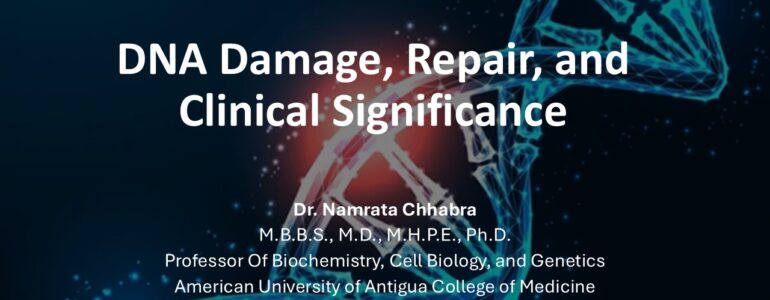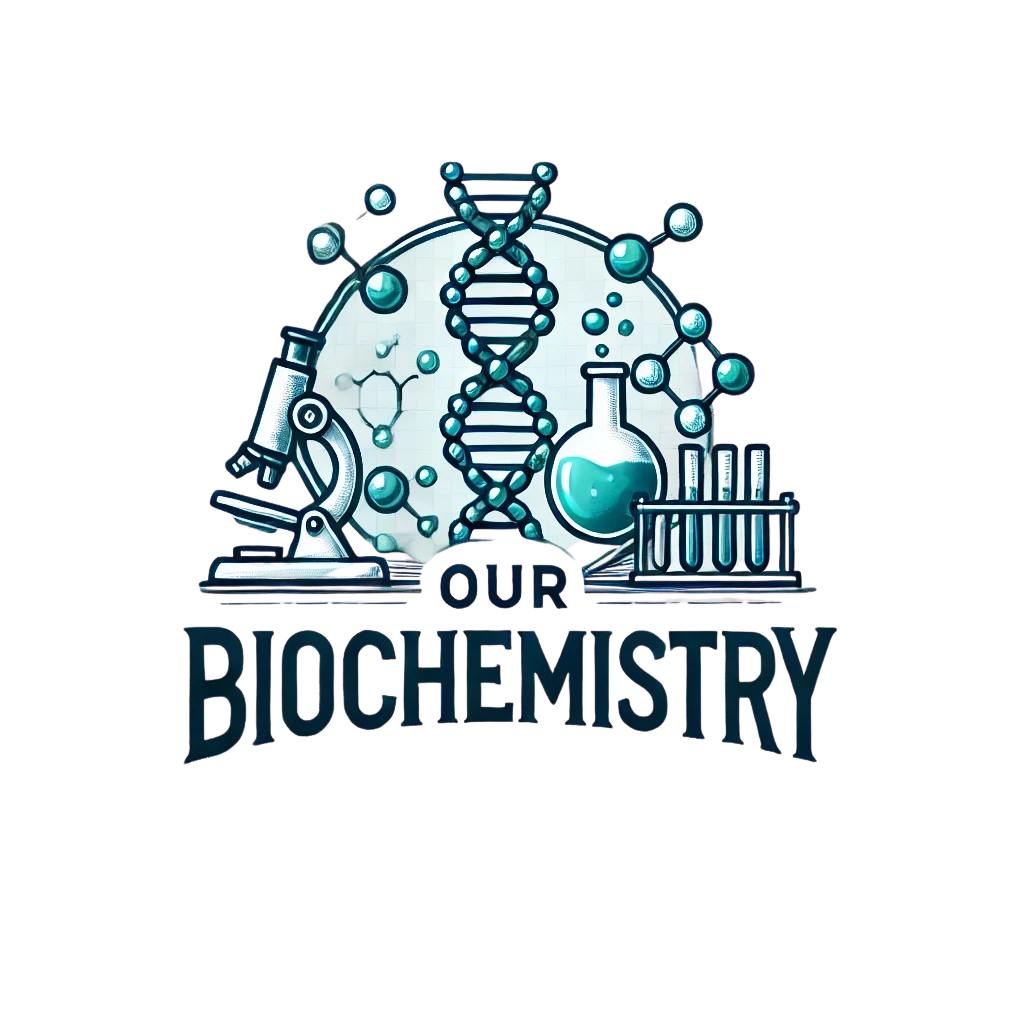Oncology
Our Biochemistry > Oncology
Understanding DNA Repair: 15 High-Yield Case-Based Questions
16
Mar

Test your knowledge of DNA damage and repair with 15 case-based multiple-choice questions (MCQs). This post covers essential repair mechanisms, including homologous recombination, base excision repair, mismatch repair, and nucleotide excision repair, with clinical applications in genomic instability, cancer biology, and radiation sensitivity. A must-read for medical students, geneticists, and oncology researchers!
Posted in:
Learning resources ,
Library ,
Molecular Biology ,
Molecular Biology ,
Multiple-choice questions ,
Multiple-choice questions ,
Multiple-Choice questions ,
Practice questions ,
Question Bank ,
Question Bank ,
USMLE Content ,
USMLE Style questions ,
USMLE styled question bank ,
Tumor Markers: Key to Early Cancer Detection & Monitoring
25
Feb

Tumor markers are essential tools in cancer screening, diagnosis, and treatment monitoring. This guide covers the classification of tumor markers, their role in oncology, and easy mnemonics for memorization. Discover how biomarkers like CEA, AFP, CA-125, and PSA help detect and track various cancers. A must-read for medical professionals and students!"
Posted in:
Cancer ,
Cancer ,
Learning resources ,
Lecture notes ,
Library ,
Theory notes ,
USMLE Content ,
Cancer Development: Cellular Characteristics and Carcinogenic Factors
25
Feb

Cancer is a disease characterized by uncontrolled cell growth, invasion of local tissues, and the ability to metastasize to distant organs. This article explores the properties of cancer cells, including loss of apoptosis, metabolic reprogramming, and genetic instability. It also examines the etiology of carcinogenesis, focusing on radiation, chemical carcinogens, and viral oncogenesis. Understanding these mechanisms is crucial for cancer prevention and treatment strategies
